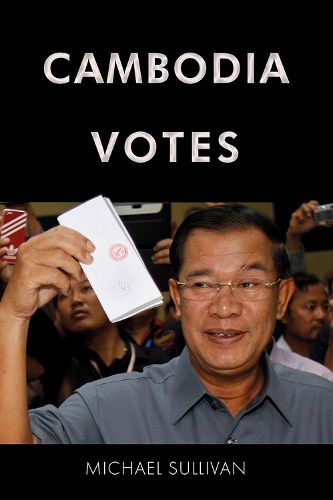Readings Newsletter
Become a Readings Member to make your shopping experience even easier.
Sign in or sign up for free!
You’re not far away from qualifying for FREE standard shipping within Australia
You’ve qualified for FREE standard shipping within Australia
The cart is loading…






: This detailed study charts the evolution of internationally assisted elections in Cambodia beginning in 1993 with the vote supervised by the United Nations Transitional Authority (UNTAC). Although the UNTAC operation was unprecedented in its size and political scope, the less-than-democratic outcome of the 1993 vote (with Hun Sen and his Cambodian People’s Party losing but remaining in power) began two decades of internationally assisted elections manipulated and controlled by Hun Sen and the CPP. Since then, disparate international actors have been complicit in supporting ‘authoritarian elections’ while promoting a more democratic and transparent electoral process. This has produced a relatively stable political-economic system serving the interests of a powerful and wealthy ruling elite but at the expense of overall positive socio-economic and political change. It has also allowed opposition forces to co-exist alongside a repressive state and to compete in elections that still hold out the possibility for change.
$9.00 standard shipping within Australia
FREE standard shipping within Australia for orders over $100.00
Express & International shipping calculated at checkout
: This detailed study charts the evolution of internationally assisted elections in Cambodia beginning in 1993 with the vote supervised by the United Nations Transitional Authority (UNTAC). Although the UNTAC operation was unprecedented in its size and political scope, the less-than-democratic outcome of the 1993 vote (with Hun Sen and his Cambodian People’s Party losing but remaining in power) began two decades of internationally assisted elections manipulated and controlled by Hun Sen and the CPP. Since then, disparate international actors have been complicit in supporting ‘authoritarian elections’ while promoting a more democratic and transparent electoral process. This has produced a relatively stable political-economic system serving the interests of a powerful and wealthy ruling elite but at the expense of overall positive socio-economic and political change. It has also allowed opposition forces to co-exist alongside a repressive state and to compete in elections that still hold out the possibility for change.